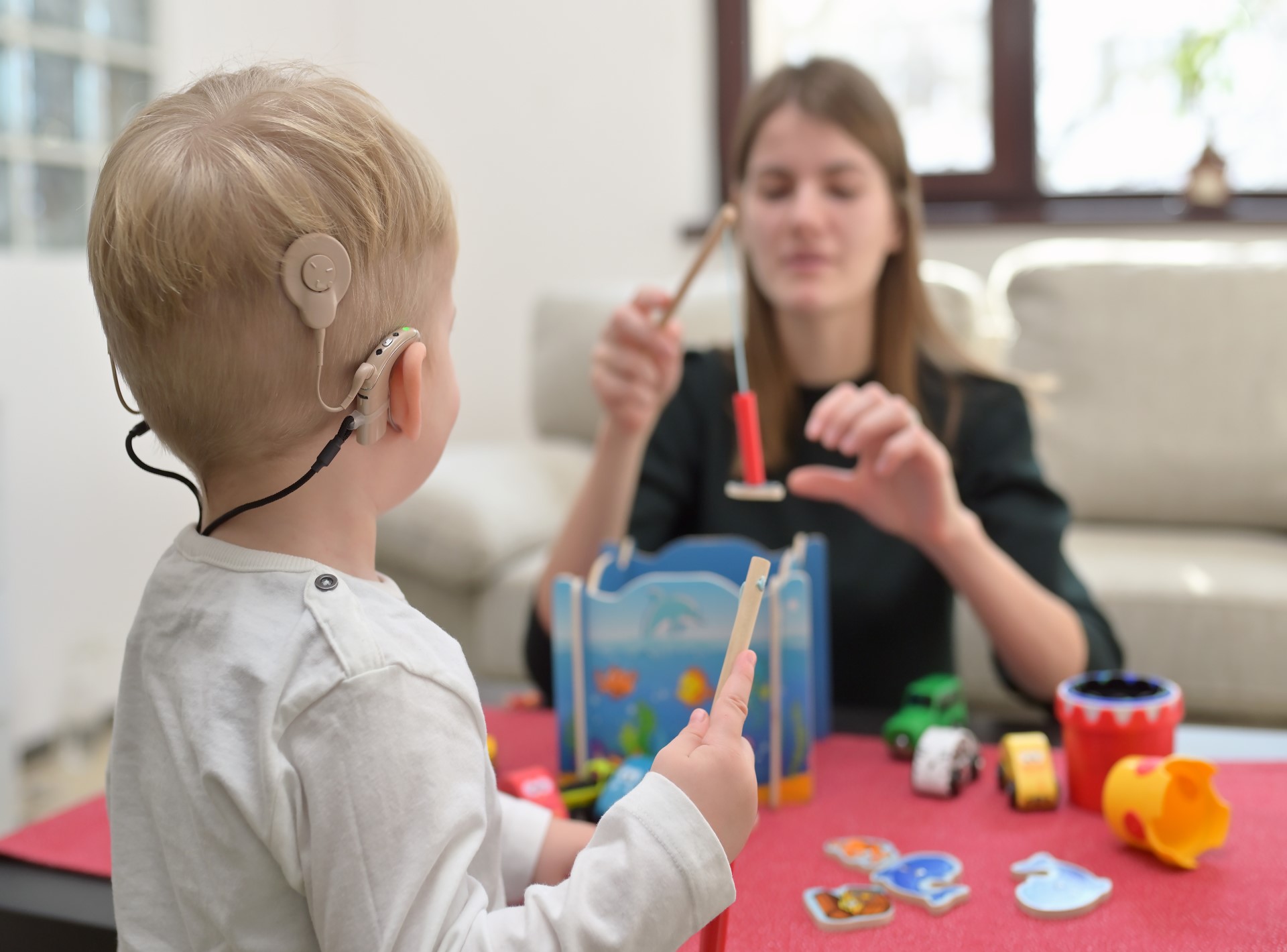
A revolutionary new gene therapy has restored the hearing in children impacted by hereditary deafness, according to new research to emerge from China.
The results of the Chinese clinical trial conducted in collaboration with the UK’s Mass Eye and Ear investigators showcased the recovery of hearing for individuals suffering from a type of inherited deafness.
Five of the six children treated demonstrated hearing recovery and improvements in speech recognition and no dose-limiting toxicities were reported.
The trial, which began in December 2022, was the first to administer a gene therapy to a child with a specific form of autosomal recessive deafness caused by mutations of the OTOF (otoferlin) gene, called DFNB9.
“If children are unable to hear, their brains can develop abnormally without intervention,” explained Dr Zheng-Yi Chen, an associate scientist in the Eaton-Peabody Laboratories at Mass Eye and Ear and Associate Professor of Otolaryngology–Head and Neck Surgery at Harvard Medical School.
“The results from this study are truly remarkable. We saw the hearing ability of children improve dramatically week by week, as well as the regaining of their speech.
“All six children in the study had total deafness, as indicated by an average auditory brainstem response (ABR) threshold of over 95 decibels. After 26 weeks, five children demonstrated hearing recovery, showing a 40-57 decibel reduction in ABR testing, dramatic improvements in speech perception and the restored ability to conduct normal conversation.
“Overall, no dose-limiting toxicity was observed. While following upon the patients, 48 adverse events were observed, with a significant majority (96%) being low grade, and the rest being transitory with no long-term impact.”
Hearing loss affects more than 1.5 billion people worldwide, with congenital deafness impacting nearly 26 million of those individuals and the authors highlighted that amongst children, more than 60% stemmed from genetic reasons.
“DFNB9 for example, is a hereditary disease caused by mutations of the OTOF gene and a failure to produce the functioning otoferlin protein, which is necessary for transmitting sound signals from the ear to the brain,” Dr Chen said.
“Significantly, there are currently no FDA-approved drugs to help with hereditary deafness, which has opened the door for new solutions like gene therapies.
“Not since cochlear implants were invented 60 years ago has there been an effective treatment for deafness – this is a huge milestone that symbolizes a new era in the fight against all types of hearing loss.”

